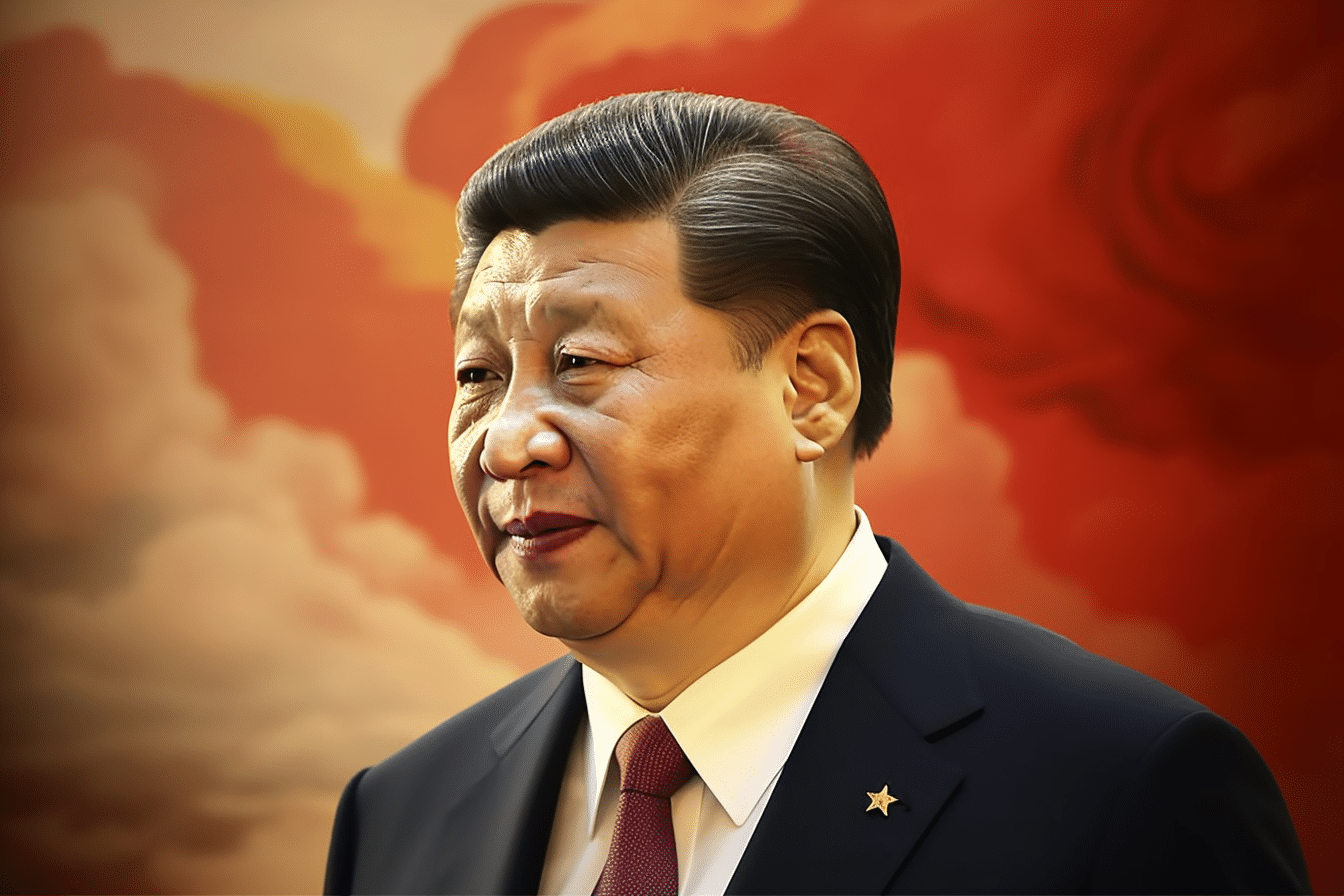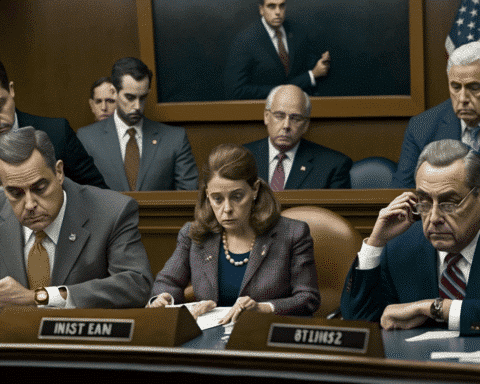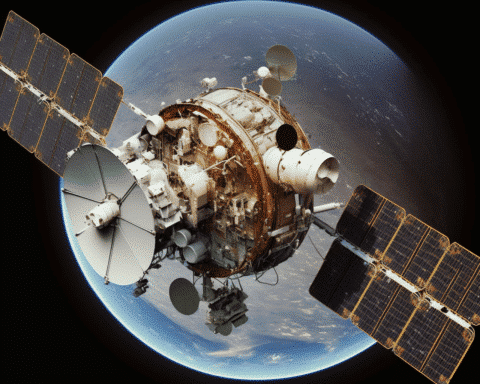China’s ruling Communist Party has issued a warning regarding the potential risks associated with advances in artificial intelligence (AI), while also emphasizing the need for heightened national security measures.
This statement, issued after a meeting chaired by party leader and President Xi Jinping, reflects the delicate balance between China’s aspirations for global technology leadership and the concerns surrounding the societal and political implications of these technologies.
The move follows similar warnings from scientists and industry leaders in the United States, highlighting the growing global apprehension over AI’s impact on humankind.
Addressing National Security Challenges
The meeting convened in Beijing centered around the significance of devoted endeavors to protect political security and strengthen the governance of internet data and AI with an enhanced focus on security.
According to the official Xinhua News Agency, the meeting stressed that China’s national security problems have dramatically increased in complexity and severity. It urged the country to build strategic self-confidence, be prepared for worst-case scenarios, and possess the ability to withstand major challenges.
President Xi Jinping highlighted the need for a new pattern of development with a new security architecture, underscoring the importance of staying aware of the complicated and challenging circumstances facing national security. This call for heightened security measures reflects China’s determination to assert its control over the tech sector while acknowledging the potential risks associated with rapidly evolving AI technologies.
Balancing Control and Regulation
China has been grappling with the challenge of regulating its rapidly developing AI sector while reasserting party control. The recent party meeting emphasized the need to assess potential risks, take precautions, safeguard the people’s interests and national security, and ensure the safety, reliability, and controllability of AI.
The concerns surrounding AI’s risks have been further fueled by advancements in AI chatbots like ChatGPT, which possess remarkable capabilities and the potential to outsmart humans. Notable figures in the AI field, including Sam Altman, CEO of OpenAI, and Geoffrey Hinton, a renowned computer scientist, have signed a statement calling for global prioritization in mitigating the risks of AI, comparing it to other societal-scale threats like pandemics and nuclear war.
Global Efforts and Prior Calls for Regulation
This recent warning from China aligns with its earlier concerns expressed in 2018 regarding the necessity of regulating AI. However, China has also heavily invested in expanding its AI capabilities as part of its pursuit of technological dominance. This enthusiasm, combined with the lack of privacy protections and strict party control over the legal system, has led to widespread use of surveillance technologies, such as facial recognition, to monitor and detain individuals perceived as threats.
More than 1,000 researchers and technologists, including Elon Musk, have previously called for a pause in AI development and proposed a United Nations treaty to regulate the technology. Their concern stems from AI’s potential risks, particularly its control over weaponry, financial tools, power grids, transportation networks, and critical infrastructure.




